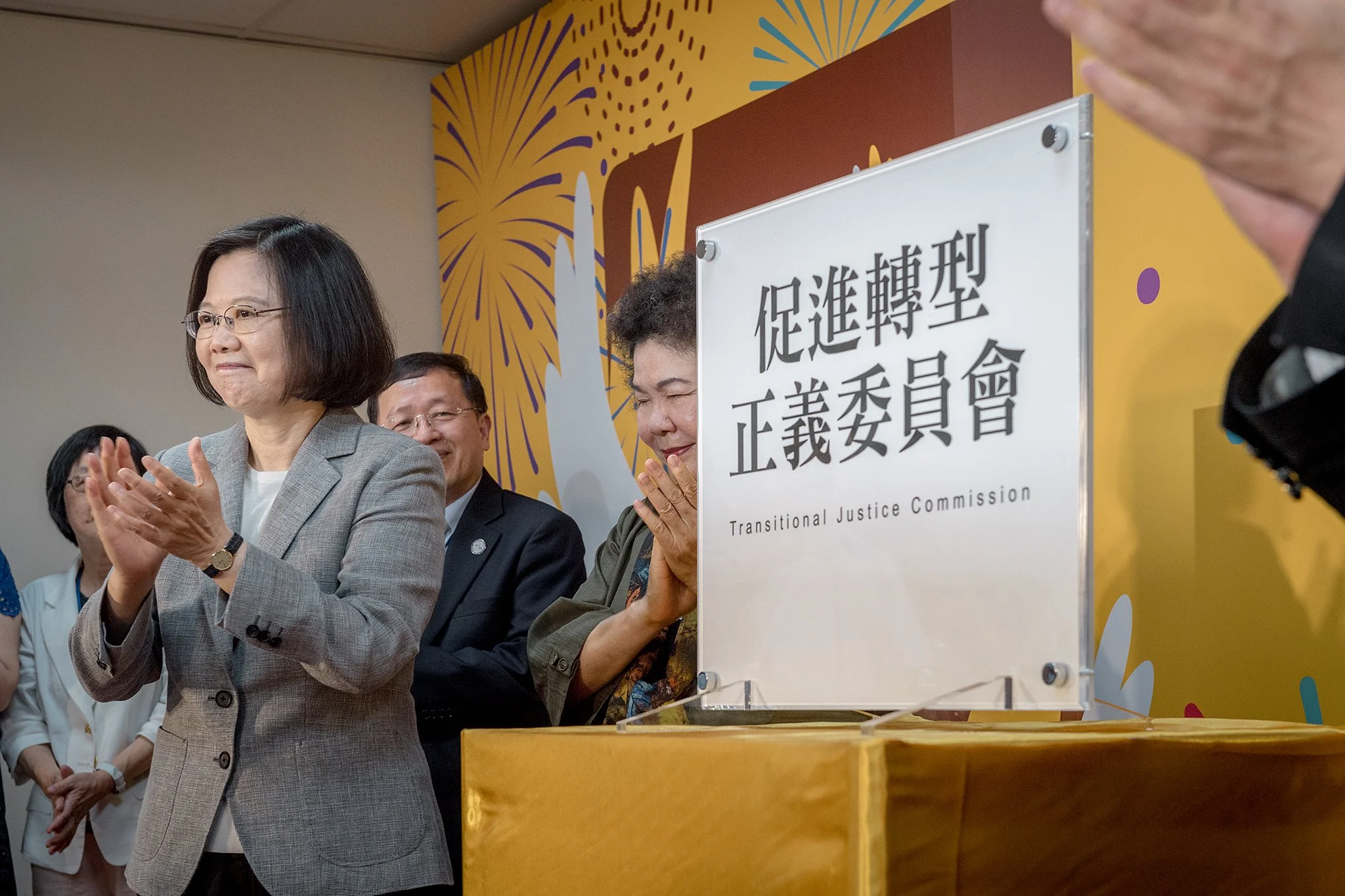All in The Taiwan Gazette
Few scholars have investigated both the colonial origin of Taiwan’s medical profession and the development of Taiwan’s public health system and civil society engagement after democratization. How did the medical profession in Taiwan emerge in the Japanese colonial era? Why are there many doctors actively participating in today’s Taiwanese politics?
“Taiwan literature can be conceived of as every single mode of literary expression that has left an existential trace on Taiwan,” said Dr. Shuo-bin Su (蘇碩斌), director of the National Museum of Taiwan Literature. The research, preservation, and promotion of such modes of expression, however, either failed to receive organized institutional support or was subsumed under a China-centered historiographical perspective before the lifting of martial law in Taiwan. The establishment of Taiwan literature as a field of academic inquiry became possible thanks to the political liberalization of Taiwanese society and the emergence of a “Taiwan consciousness” since the 1980s. What might be the challenges and possibilities facing the field of Taiwan literature, then and now? What might be the new directions of the field? This interview features as part of our special issue: Encountering Everyday Life: Taiwan in Museums.
Before the lifting of martial law in 1987, the research, preservation, and promotion of Taiwan literature in Taiwan either failed to receive organized institutional support or was subsumed under a China-centered historiographical perspective. The establishment of Taiwan literature as a field of academic inquiry became possible thanks to the political liberalization of Taiwanese society and the emergence of a “Taiwan consciousness” since the 1980s. What might be the challenges and possibilities facing the field of Taiwan literature, then and now? What might be the new directions of the field? This interview features as part of our special issue: Encountering Everyday Life: Taiwan in Museums.
The field of Taiwan history has gained increasing visibility in academia, both in Taiwan and abroad. Yet the production and dissemination of Taiwan-related knowledge in Taiwan before the lifting of martial law in 1987 faced great difficulty. How did the institutionalization of Taiwan history as an academic field in and of itself changed the way we approach Taiwan history? This interview features as part of our special issue: Encountering Everyday Life: Taiwan in Museums.
2022年1月6日,香港民主派初選大搜捕屆滿一週年。面對身處港版《國安法》陰霾下的香港,臺灣的轉型正義經驗有什麼參考的價值?我們很榮幸能訪問黃丞儀教授,探討臺灣解嚴三十多年來轉型正義進程與中華民國憲政體制之間錯綜復雜的關係。在訪談中,黃教授將由法律與政治的辯證過程,討論當前臺灣轉型正義面臨的種種問題、對歷史真相的還原,以及對未來的展望。
George Leslie Mackay, a Presbyterian missionary based in late nineteenth-century Tamsui, might be the most well-known Canadian in Taiwan. His last surviving granddaughter, Margaret, passed away earlier this week.
The Taiwan Gazette screened the documentary film Our Youth in Taiwan from March 8 to 14, 2021. We sat down with University of Toronto Professor Michelle Cho to discuss Taiwan-China geopolitical relations and the usage of “worlding” within the context of the film.
The Taiwan Gazette interviews Taiwan-based cultural studies scholar Chien-ting Lin to discuss how Taiwan’s treatment of Mainland Chinese students (lusheng) during COVID-19 can be understood in terms of war and love. Divided into two parts, this interview is the fourth piece of our special series: Lusheng in Taiwan: Contradictions and Anticipations.
The Taiwan Gazette interviews Taiwan-based cultural studies scholar Chien-ting Lin to discuss how Taiwan’s treatment of Mainland Chinese students (lusheng) during COVID-19 can be understood in terms of war and love. Divided into two parts, this interview is the fourth piece of our special series: Lusheng in Taiwan: Contradictions and Anticipations.
In our second feature for the 2020 Big Ideas Competition: Exploring Global Taiwan series, award recipient Pranav Dayanand makes a case for what TikTok can tell us about the complex state of Indonesian migrant worker affairs in Taiwan.
Stephanie Tai, author of Tempting Formosa and 2020 Big Ideas Competition: Exploring Global Taiwan award recipient, talks to our Deputy Editor Elizabeth Shaw about her process of creating a Taiwanese dessert cookbook and using it to pay homage to her homeland of Taiwan.
What is the “Taiwan Model” for COVID-19 and why is it considered a success? Taiwan Gazette Deputy Editor Elizabeth Shaw introduces how, with a population of over 23 million people, Taiwan has had a total of only 851 cases since the start of the pandemic.
In Taiwan, after election night, candidates have one final task: an elaborate thank-you tour, performed in person. For some this can take weeks. But what’s this all for?
With an increase of extreme weather due to climate change, the need for food security in Taiwan is more pressing than ever. Could new technologies help defend Taiwanese agriculture?















